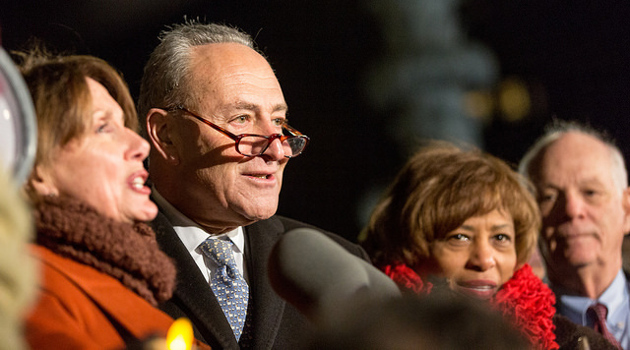In a recent op-ed, CF&P President Andrew Quinlan looked at some ways that politicians are responding to the invasion of Ukraine, just as they have crises in the past, to advance unrelated political agendas:
[N]ew calls to restrict liberties began almost as soon as the sanctions were levied.
…Like many politicians before her, Warren is not above exploiting a crisis to pursue a preexisting agenda. The legislation would advance longstanding opposition to cryptocurrency by targeting not just sanction evaders, but arguably anyone who builds or operates networks someone might use for that purpose regardless of their knowledge or intentions.
…Whereas cryptocurrencies have offered no obvious benefit to Russia, it has provided a lifeline to many fleeing the war…
…Attacks on financial privacy and restrictions on access to financial services are frequent political responses to conflict. The War on Terror was exploited to expand massively an invasive anti-money laundering and know-your-customer regime that has succeeded primarily in burdening law-abiding customers and stifling innovation in the legacy financial system, all the while utterly failing to capture or slow illicit financial flows.
Unfortunately, the exploitation doesn’t stop there. Some politicians are also using outrage at Russia to engage in political axe grinding:
Senate Majority Leader Chuck Schumer slammed Koch Industries on Thursday after the multinational giant confirmed that it will maintain its current business in Russia.
“Koch Industries is shamefully continuing to do business in Putin’s Russia and putting their profits ahead of defending democracy. The noxious stench of Trump still hangs over Koch Industries,” Schumer said in a joint statement with Sen. Ron Wyden, the chairman of the powerful Senate Finance Committee.
…Koch Industries said on Wednesday that its Guardian Industries subsidiary would continue to operate two glass manufacturing companies in Russia that employ roughly 600 people. The company did not immediately respond to Insider’s request for comment.
“While Guardian’s business in Russia is a very small part of Koch, we will not walk away from our employees there or hand over these manufacturing facilities to the Russian government so it can operate and benefit from them (which is what The Wall Street Journal has reported they would do). Doing so would only put our employees there at greater risk and do more harm than good,” Koch President and Chief Operating Officer Dave Robertson said in a statement.
Journalists, predictably, also carried water on their behalf. But the absurdity of this attack is difficult to overstate.
For one, Koch is one of many companies that is attempting to navigate a no-win situation by staying in Russia to protect its workers, yet it is being singled out for clearly political reasons. Second, a pair of glass factories employing a grand total of 600 people provides no meaningful benefit to the Russian economy. In fact, by leaving and giving Putin’s regime an excuse to nationalize the factories, it would arguably benefit Russia more in the short-term, though obviously state control is very bad economically in the long run.
Russia is quickly making itself a global pariah. The stink of its unprovoked aggression and flagrant war crimes will take generations to wash off. Let’s not do them any favors by distracting from the very serious matter at hand of their deadly invasion of Ukraine.
———
Image credit: Lorie Shaull | CC BY-SA 2.0.

